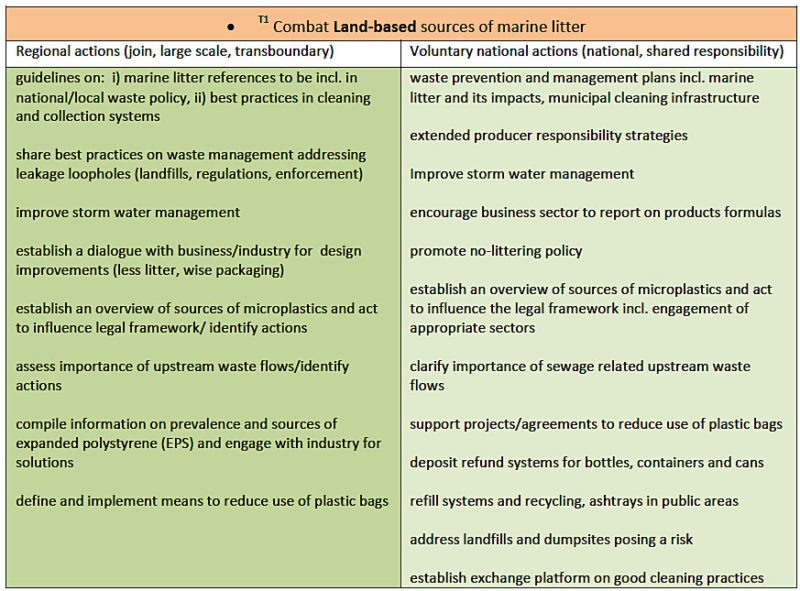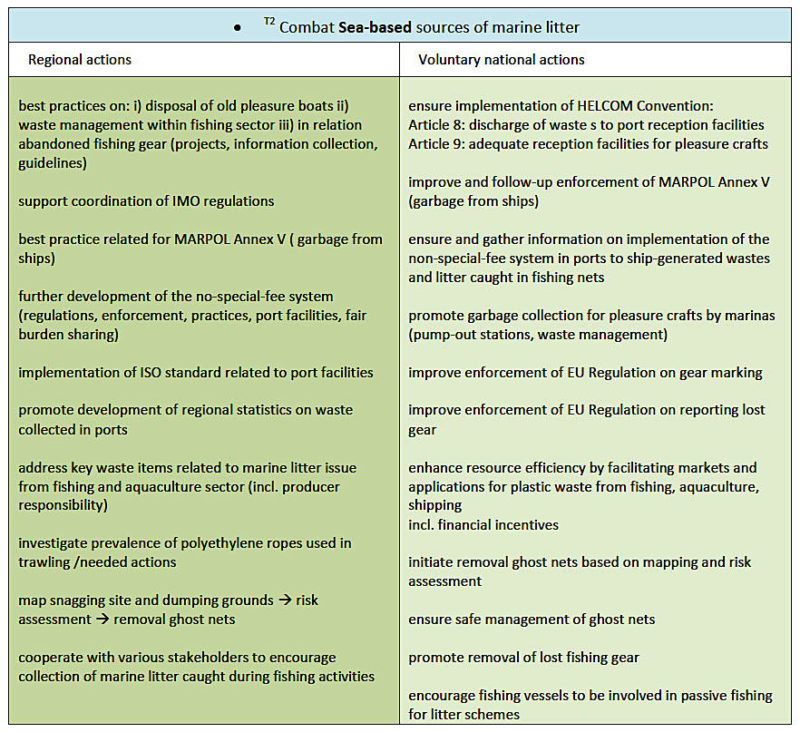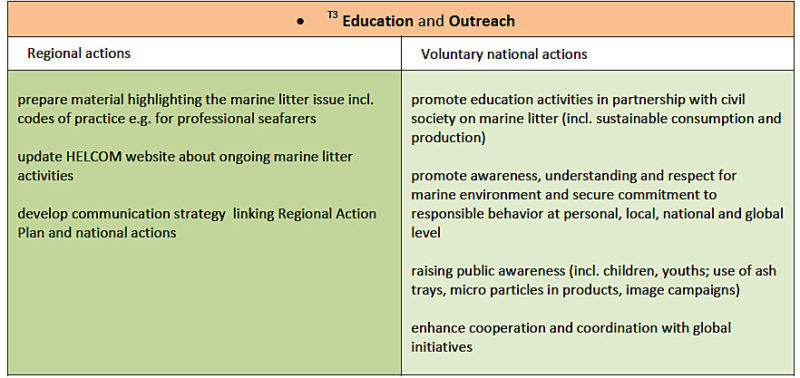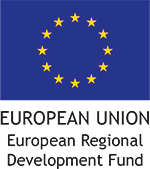![]()
The HELCOM activities to prevent marine litter
HELCOM, Baltic Marine Environment Protection Commission, and its Action Plan (BSAP) play an important role in implementation of the Baltic Sea environment policy. HELCOM’s work is based on intergovernmental cooperation between all coastal countries and the European Union. The local action plans on litter management are done in cooperation between national authorities and HELCOM.
Russia has agreed to follow the Convention on the protection of the marine environment of the Baltic Sea Region (HELCOM). [Russia has in force a number of marine litter management related laws and regulations. These include: the law on wastes of production and consumption, the water code act, the law on internal waters, territorial sea and contiguous zone regulations, the law of environmental protection, and the law of seaport.]

2007 – HELCOM Baltic Sea Action Plan on encouragement of projects to remove litter from the coastal and marine environment, and raising public awareness on the negative environmental and socio-economic effects of marine litter.
2010 – In HELCOM Moscow Ministerial Declaration it was agreed to take further steps to carry out national and coordinated monitoring of marine litter and identify sources of litter.
2013 – HELCOM Copenhagen Ministerial declaration stated the concern about the growing evidence of harmful effects of marine litter on wildlife and habitats and on marine biodiversity and the environment with a dominance of plastics of different sizes. It was decided to develop a regional action plan by 2015 with the aim of achieving a significant quantitative reduction of marine litter by 2025. Declaration pointed out that action plan should…

2015 – HELCOM Regional Action Plan on Marine Litter sets the standards for each HELCOM country to put the agreed commitments into action. The effectiveness of the measures should be reviewed regularly, for the first time by 2020. Implementation of actions on marine litter is developed jointly via a lead country/actor approach. The intention is to develop appropriate actions into concreate measures to prevent and reduce marine litter.
![]()
Themes of actions are:

Additionally, an integral theme is the smart production in order to produce less litter. These actions are further divided to regional and voluntary national responsibilities.


![]()
![]()

